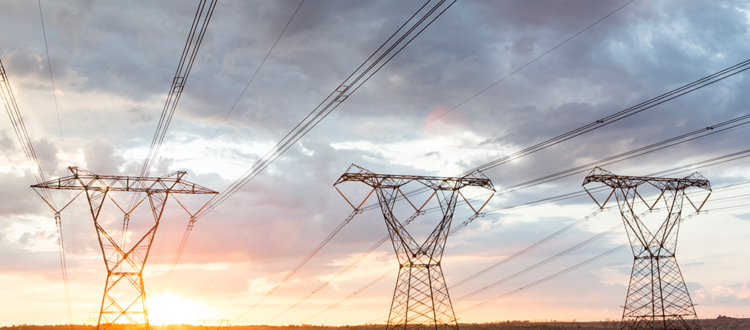9 FAQs About Electricity Prices
Answers to Your Most Frequently Asked Questions About Electricity Prices
Have a question about how your electricity prices are determined? Not sure if your energy usage would be considered “normal”? Here are answers to some of the most frequently asked questions regarding paying for electricity.
1. What is an energy supplier?
An energy supplier is an entity that provides the energy that you rely on. They are the ones actually harnessing or producing energy. Energy suppliers may focus on coal energy, nuclear energy, natural gas, hydropower, wind energy, or solar power.
2. What is a power company?
A power company (also known as a utility company or electricity company) is a business that sells electricity and sends it to your home. They work with energy suppliers to find available energy in your area and supply it to you.
3. Can I choose my own energy supplier?
Maybe! If you live in one of the states that have been deregulated, you have the freedom to choose your own energy supplier. What does this mean? Lawmakers in a couple handfuls of states (and counting) have made it possible for consumers to choose what kind of energy they want and how much they want to pay for it.
4. How are my electricity prices determined?
Your electricity prices can be determined by a variety of factors, depending on where you purchase your energy from. These factors may include the availability of energy, the type of energy, the price set by the energy supplier, the current weather conditions, the fees set by your electricity company, and more.
5. What is a fixed rate energy plan?
A fixed-rate energy plan is a contract that allows you to pay one set rate for every kilowatt hour (kWh) for the entirety of your plan. Your rate won’t fluctuate if the weather is extreme or the demand for energy is high.
6. What is a variable rate energy plan?
A variable-rate energy plan is a contract that is defined by the current energy market. Your electricity rates and bill are subject to change. Your rates can fluctuate based on the demand for energy, the weather temperature, and what energy is currently available.
7. How much electricity does the average American home use?
The average U.S. home uses 10,932 kWh per year, resulting in an average of 911 kWh per month, according to the U.S. Energy Information Administration (EIA). The majority of this electricity is used for air conditioning, heating, and lighting.
8. How can I lower my electricity usage and save money on my bill?
One of the easiest ways to save money is to compare rates and choose your own provider. Additionally, you can take steps each day to reduce your energy consumption. Ideas include unplugging appliances when you’re not using them, washing your clothes in cold water, installing dimmer switches, and keeping your thermostat at a steady temperature.
9. What are my options for renewable energy?
Your options for renewable energy will depend on the energy suppliers in your area. Some of the most effective forms of renewable energy include wind energy, solar power, biomass energy, and hydropower.

